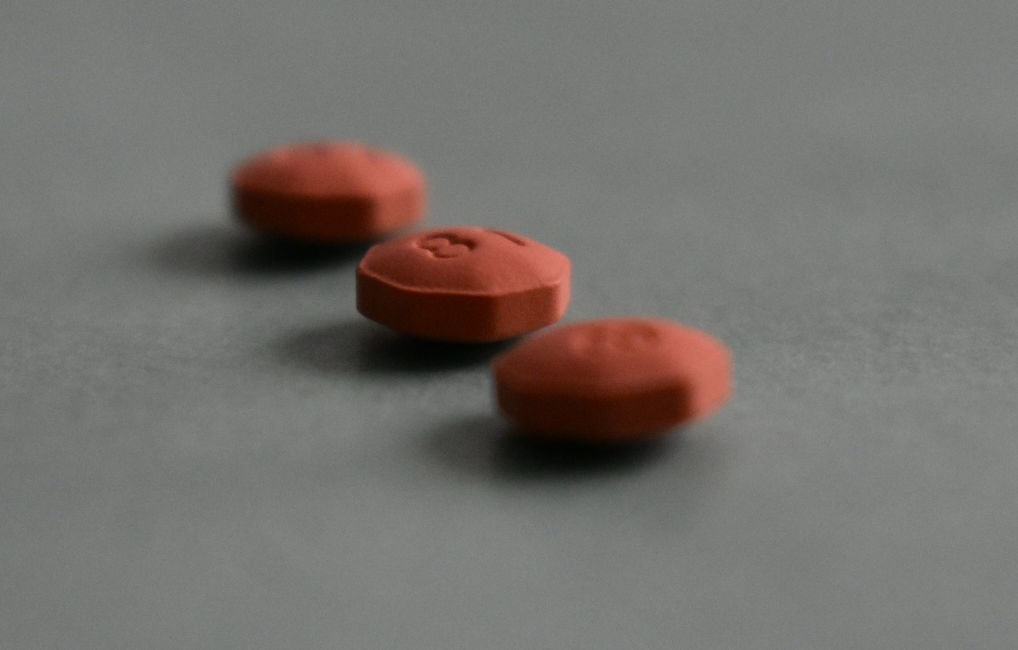It can go some way to help justify self-prescribing, it is highly unlikely to be a sufficient justification on its own.
GMP (Rule 97) provides that wherever possible you should avoid providing care to yourself or anyone with whom you have a close personal relationship. The Guidance ‘Good practice in prescribing and managing medicines and devices’ also warns against self-prescribing. There are a range of reasons why doctors self-prescribe, the saddest cases have elements of addiction, controlled drugs and dishonesty over a period of time. At the other end of the scale are cases which are justified by an emergency or single minor incident.
Dr M relinquished his Licence to Practice in 2018 but a year or so later wrote 5 private prescriptions – 3 for himself which he told the pharmacist were for his ‘medical bag’ and 2 for another person who was a family member.
The Licence to Practice in the UK was first introduced in 2009 and by that time Dr M had been practising for 40 years. Dr M’s evidence was that that he did not know the rules. When they were brought to his attention by the GMC he immediately accepted his wrongdoing and applied for voluntary erasure.
Ignorance of the Rules was found not to be an acceptable reason to not follow them, GMP imposes a duty on doctors to be familiar with GMP and explanatory Guidance. (Under GMP at the time of Dr M’s case it was Rule 3. Current 2024 GMP includes an equivalent duty but it is not numbered, it is more widely drafted and it appears on page 4 of GMP).
The Tribunal found that Dr M’s actions amounted to misconduct but not serious misconduct nor then did they find his fitness to practise was impaired. Dr M’s written evidence was that he did not like taking up his GP’s valuable time, he remembered what it was like at his practice and that GP’s are extremely ‘stretched’. He fully admitted ignorance was no defence. Interestingly the Tribunal accepted that his motivation was to relieve the burden on his colleagues and it was acute because the events in question occurred during the Covid pandemic. Allied to this finding was that a member of the profession would not find the conduct deplorable and the public would not lose confidence in the profession on the facts. There were other reasons including the fact the dose was appropriate for personal use, no controlled substances were involved, he had enjoyed 47 years of unblemished practice and there were no features of risk to the public. The Tribunal did however issue a warning to mark a formal response to the lapse.
It is fair to comment that Dr M’s motivation and intent were honourable. The Tribunal in his case accepted the genuine remorse and immediate admission which rendered his case one of the less serious self-prescribing matters. If the drugs were controlled drugs, it is far more likely more serious consequences would follow. Controlled drugs cannot be self-prescribed or prescribed to someone close to you unless there is no lawful prescriber available and emergency treatment is immediately necessary to avoid serious deterioration in health or serious harm.
Please note that the comments in this case review are generic, if you have any fitness to practise concerns please contact us for specific advice on your matter.



